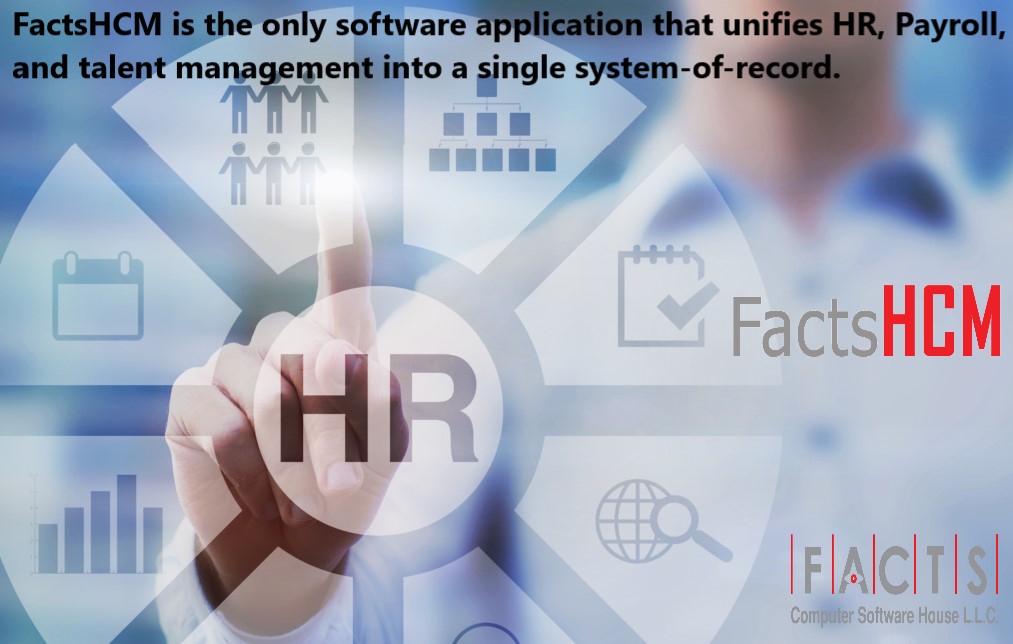How HR can revolutionize strategies post Covid-19
Our ways of working will be irreversibly changed
because of coronavirus, says Dean Corbett, so people professionals need to pool
their knowledge to decide best practice
HR has been thrown into the
deep end during this crisis. For the lucky HR
leaders, it’s about navigating the difficulties of home working; for some,
there has been the agonizing task of communicating redundancies. Nonetheless,
the saying goes that fire tests gold, and from the fire of this crisis perhaps HR professionals can extract some
brilliant new practices and ways of working to take us into the future.
The exact shape of these
new practices is most likely to be found by pooling our knowledge, resources
and experience to test theories, from which we can develop new processes
appropriate to our contexts. After speaking to experts from across the field
about their strategies for this ‘new normal’, there were some common themes
that came across from everyone:
Living in the office
One of the biggest
challenges has been the adjustment to working from home. Despite the hype, many
people are finding it difficult, especially those with children, those whose
partners are also trying to work from home and those in house shares. Many of
us feel that rather than working from our homes, we are living in our offices,
created both by our environments and an ‘always on’ culture that has worsened
as managers feel they have less oversight of what their teams are doing.
Other people have described
finding melding their work and home personas challenging, managing with
children who may simultaneously need to be homeschooled. Switching between our
work and home personalities can be a mental challenge too. To counter all these
problems, we need a switch in perspective, from a focus on input and time at a
desk, to output. This will help to counter a presentism problem: as long as the
work is done on time, that’s all that matters. It’s also our responsibility as HR professionals
to intervene to make sure managers know that this is the best approach and how
to make it work, as well as to ensure that the human needs of our colleagues
are being fulfilled.
Encouraging people to build
and maintain personal boundaries between their home and work lives, for
instance having distinct times for each, rather than feeling the need to always
answer calls or be online, can also improve employee wellbeing. This could have
a positive impact on productivity — although, of course, understanding from
employers if people cannot work as productively as they usually would is also
vital, given the circumstances.
Bringing honest conversations to
the surface
The anxiety that the
pandemic has caused won’t go away if we simply ignore it. Having transparent
and honest conversations with people is the only way to get through this;
pretending that there are no problems, be they in the company’s financial
health or in bringing people back to offices, will only make them worse. The
importance of reaching out to your teams, especially those who may be
vulnerable or suffering (sometimes silently), cannot be overstated.
The rise of self-development
There have been
opportunities for agility and for people to take more meaningful steps in their
own development. For instance, Kirsty Lynagh, chief people officer at Nucleus
Financial, described a practice called ‘crowdsourced progression’: any member
of a team can create a new role for themselves, as long as they can get the
approval of a senior member of the organization. While ‘development’ and
‘progression’ are different, this is an innovative way of meeting people’s
needs and is something we will be looking at implementing ourselves.
The chaos of coronavirus
has meant that many are trying new ways of working and thinking about how they
want to move forward. As such, we’ve seen a significant shift to
individual-led, self-funded education as people explore learning and
development for their personal benefit and, in turn, future-proofing their
career. Perhaps it’s time for organizations to change how they operate and move
away from a prescriptive approach to a more entrepreneurial format. Setting up
processes and systems that allow and encourage employees to develop and
progress in their own way is more likely to improve their satisfaction, and
possibly guarantee their engagement and retention.
HR and L&D professionals
are always the first to know when adversity is affecting people, but the
experience of this crisis will hopefully make us all better at what we do.
There is so much to learn, both from our people and from one another, and
together, we can innovate and push organizations forward into yet another brave
new world.
Dean
Corbett is chief people officer at Avado
Source:- https://www.peoplemanagement.co.uk/voices/comment/how-hr-can-revolutionise-strategies-post-covid



Comments
Post a Comment